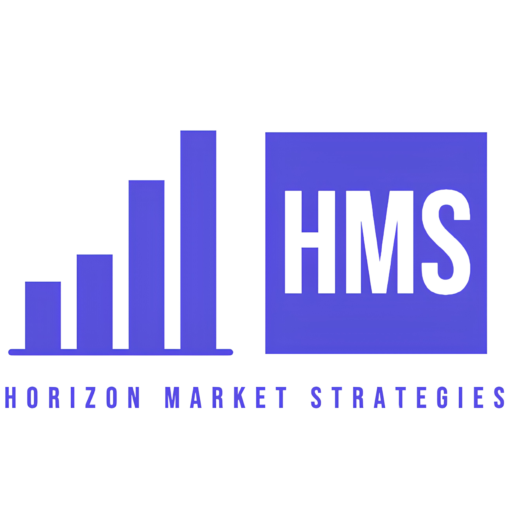Enterprise Information Archiving (EIA) Market Outlook: Size, Share, Trends & Growth Analysis (2024-2029)
The report covers a comprehensive analysis segmented by Type (Content Type, Services, Others), by Deployment Model (On-Premises, Cloud-Based, Hybrid, Others), by End User (Government and Defense, Banking, Financial Services and Insurance, Healthcare and Pharmaceutical, Retail and E-commerce Source, Others), by Geography (North America, South America, Asia Pacific, Europe, The Middle East, Africa).
Enterprise Information Archiving (EIA) Market Snapshot

Enterprise Information Archiving (EIA) Market Overview
The Global Enterprise Information Archiving (EIA) market is estimated to be at $8.90 Bn in 2024 and is anticipated to reach $14.84 Bn in 2029. The Global Enterprise Information Archiving (EIA) market is registering a CAGR of 10.77% during the forecast period 2024-2029.
Enterprise information archiving (EIA) solutions are designed to archive data sources into a centralized platform to satisfy information governance requirements, including regulatory and/or corporate governance and privacy. The platform additionally enhances data accessibility, provides fresh perspectives, and optimizes operational efficiency. Owing to the existence of both large firms and small and medium-sized businesses, the enterprise information archiving market is extremely fragmented.
Enterprise information archiving plays an essential role in managing the lifecycle of electronic data, ensuring compliance, preserving institutional knowledge, mitigating risks, and supporting business objectives across various industries and sectors. Companies in the industry are using partnerships and acquisitions as tactics to expand the range of products they offer and obtain a long-term competitive edge. Market vendors provide a unified platform for managing and preserving a wider range of corporate data, including workplace communication media contents such as social media, messaging apps, email, and mobile communication, in addition to traditional office files. Cloud-based data centers have been developed to provide scalable archiving at a reasonable cost. The increased creation of data across numerous enterprises with broad geographic reach and customers has been primarily attributed to expanding enterprise information archiving systems. Lower storage costs for information archiving and government laws requiring the archiving of crucial company data for audit and investigative purposes have both fueled the market’s growth.
Enterprise Information Archiving (EIA) Market Coverage
| Historical & Forecast Period | 2018-2029 |
| Base Year | 2023 |
| Forecast Period | 2024-2029 |
| Units | Billion US$ |
| Segments | Type, Deployment Model, End User |
| Geographies | North America, South America, Asia Pacific, Europe, The Middle East, Africa |
| Key Vendors | Barracuda Networks Inc., Alphabet Inc., Microsoft Corp., ZL Technologies, Inc., Veritas Technologies LLC |
Key Geographies of Enterprise Information Archiving (EIA) Market, 2023
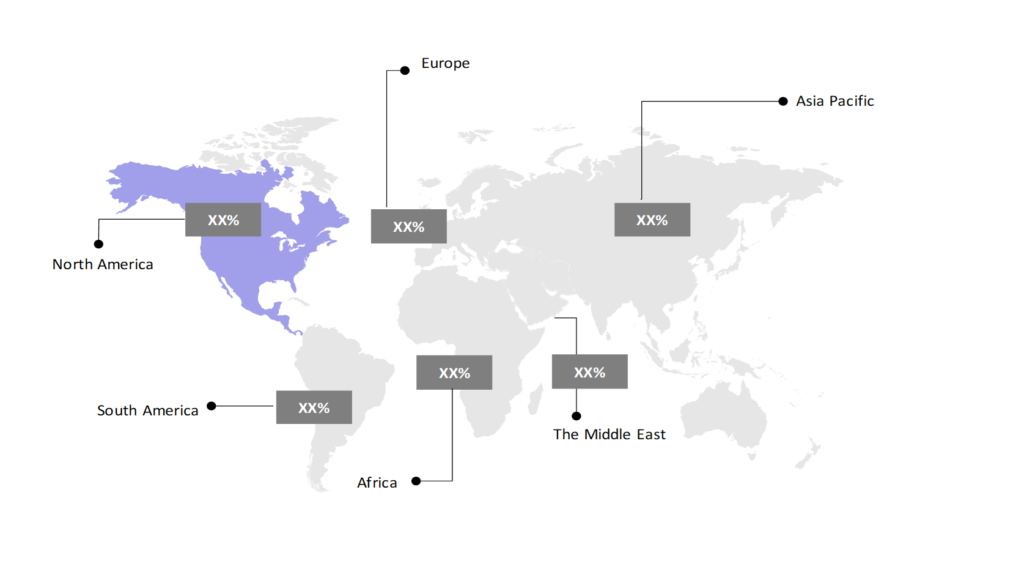
Porter’s 5 Forces Analysis of Enterprise Information Archiving (EIA) Market
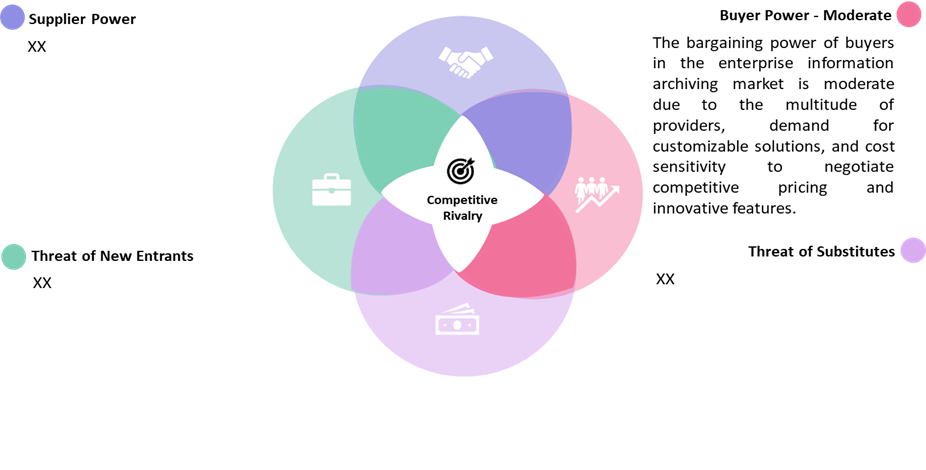
Enterprise Information Archiving (EIA) Market Trends
The Enterprise Information Archiving (EIA) industry is currently witnessing significant changes, trending with the adoption of Artificial Intelligence (AI) and Machine Learning (ML) technologies. These advanced technologies are revolutionizing various aspects of Enterprise Information Archiving, including data classification, deduplication, migration, and content analysis. Archival processes can now be made more efficient, accurate, and relevant by using AI-driven capabilities to help with data categorization, tagging, and prioritization.
Scalability, cost-effectiveness, and flexibility are just a few advantages of cloud-based enterprise information archiving solutions. Because of this, many businesses are switching from on-premises to cloud-based platforms to save infrastructure costs, streamline administration, and provide seamless scalability. Enterprise Information Archiving solutions are now integrated with broader agreement and governance platforms to manage data to comply with the General Data Protection Regulation (GDPR), the Health Insurance Portability and Accountability Act (HIPAA), the California Consumer Privacy Act CCPA, and Securities and Exchange Commission (SEC) rules. This pattern illustrates how crucial it is to manage data effectively and securely. For instance, in November 2023, Mimecast Limited, a provider of advanced email and collaboration security, expanded its integrated cloud email security solution. With the help of this expansion, more businesses throughout the world may improve their workplace security. Another trending approach is hybrid archiving, which combines cloud-based and on-premises infrastructures. Such solutions offer the best of both worlds, allowing organizations to leverage the benefits of both on-premises and cloud-based platforms.
Enterprise Information Archiving (EIA) Market Driving Factors
The market for enterprise information archiving solutions has been growing due to the increasing amount of data generated by organizations with a wide geographic presence and customer base. The market’s expansion has also been aided by other factors, such as lower storage costs for information archiving and government regulations requiring the storage of important corporate data for audit and investigative purposes.
Adoption of cloud computing is influenced by several factors, such as security, quick deployment, and enhanced efficiency. Cloud providers allow clients to deploy their workloads from many locations, reducing latency and improving the user experience. Solutions for enterprise information archiving assist businesses in managing data expansion by offering comprehensive archiving features and scalable, affordable storage options. Advances in automation, machine learning, and artificial intelligence propel better enterprise information archiving systems, allowing predictive analytics, content analysis, data classification, and intelligent archiving.
There are increasing prospects in the enterprise information archiving industry due to the increased demand for both structured and unstructured data. Organizations are being compelled by technological advancements to devote a substantial amount of time and money to the analysis of this data to make better strategic decisions down the road. These innovations raise the effectiveness, precision, and scalability of enterprise information archiving solutions, increasing their value to businesses. EIA solutions are essential in assisting businesses in fulfilling regulatory obligations. Large companies in the market for enterprise information archiving are also creating new features to improve search efficiency and guarantee compliance. For example, on April 27, 2022, Global Relay launched a new version of its Archive platform. This update is designed to help users update their data strategies to keep pace with the shift towards multi-channel hybrid work environments and to support ongoing regulatory compliance efforts.
Enterprise Information Archiving (EIA) Market Challenges
Transitioning outdated enterprise information archiving (EIA) platforms from scattered data repositories and old archiving systems can be challenging for many organizations. Projects involving data transfer can be difficult, time-consuming, and error-prone, especially when working with substantial amounts of historical data. Some organizations still rely on legacy archiving methods, making maintaining data in different formats and places challenging and taking time and resources away from core business. Risks related to data protection and cybersecurity are rising and could get worse as new technologies emerge.
The lack of training and capabilities to manage advanced EIA solutions is expected to reduce their adoption rate. Enterprise information archiving solutions must address security risks like data breaches, unauthorized access, leakage, and insider threats. Organizations run the danger of legal trouble, financial ruin, and damage to their reputation when they archive sensitive data without taking proper security precautions. For example, IBM unveiled the IBM Diamondback Tape Library, a high-density archive storage option, in October 2022. This technology protects against ransomware and other cyber threats in hybrid cloud environments. Implementing and maintaining enterprise information archiving solutions can be costly regarding hardware, software, licensing fees, implementation costs, and ongoing maintenance expenses. Developing and enforcing data governance policies, retention schedules, and classification schemes can be challenging for organizations. Lack of standardized policies and inconsistent enforcement may lead to data fragmentation, redundancy, and compliance gaps.
Enterprise Information Archiving (EIA) Market – Key Industry News
- In March 2024, Microsoft Corp. partnered with NVIDIA to introduce generative AI and cloud-accelerated computing to the healthcare and life sciences sectors.
- In February 2024, Barracuda Networks Inc. and Ingram Micro partnered to expand the company’s cloud-first security solution portfolio in the United States market.
- In August 2023, Alphabet Inc. and El Salvador announced a strategic partnership worth USD 500 million, a multi-year agreement to support the country’s journey to become a technological hub in Central America.
Enterprise Information Archiving (EIA) Market Competitive Landscape
The Enterprise Information Archiving (EIA) market is moderately competitive, with key players like Barracuda Networks, Alphabet, Microsoft, ZL Technologies, and Veritas Technologies vying for market share. Barracuda Networks, for instance, prioritizes security and compliance while concentrating on cloud-based archiving solutions. Google’s Vault, part of Google Workspace, offers e-discovery and information governance capabilities. Microsoft’s Exchange Online Archiving and Microsoft 365 Compliance Center provide integrated archiving solutions for their ecosystem. ZL Technologies specializes in large-scale information governance and archiving, particularly for highly regulated industries. Veritas offers a suite of comprehensive archiving and e-discovery tools through its Enterprise Vault platform. A recent development in this landscape is the increased focus on AI and machine learning integration. For instance, in 2023, Veritas announced enhanced AI capabilities in its Digital Compliance portfolio to improve data classification and reduce risks associated with sensitive information. The companies primarily use acquisitions, R&D, partnerships, and technological launches. Several important entities in the Global Enterprise Information Archiving (EIA) market include Barracuda Networks, Inc., Alphabet Inc., Microsoft, ZL Technologies, Inc., Veritas Technologies LLC, and others.
Enterprise Information Archiving (EIA) Market Company Share Analysis, 2023 (%)
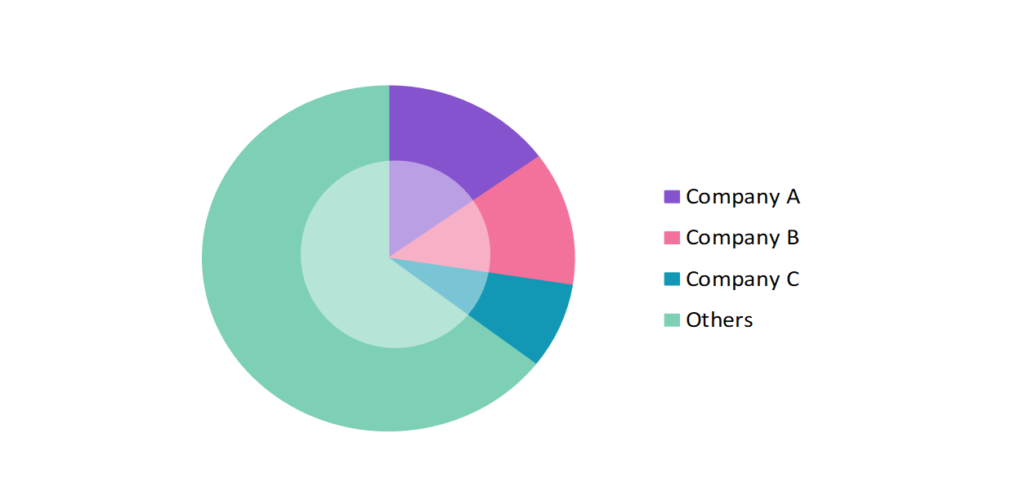
Enterprise Information Archiving (EIA) Market – Key Companies
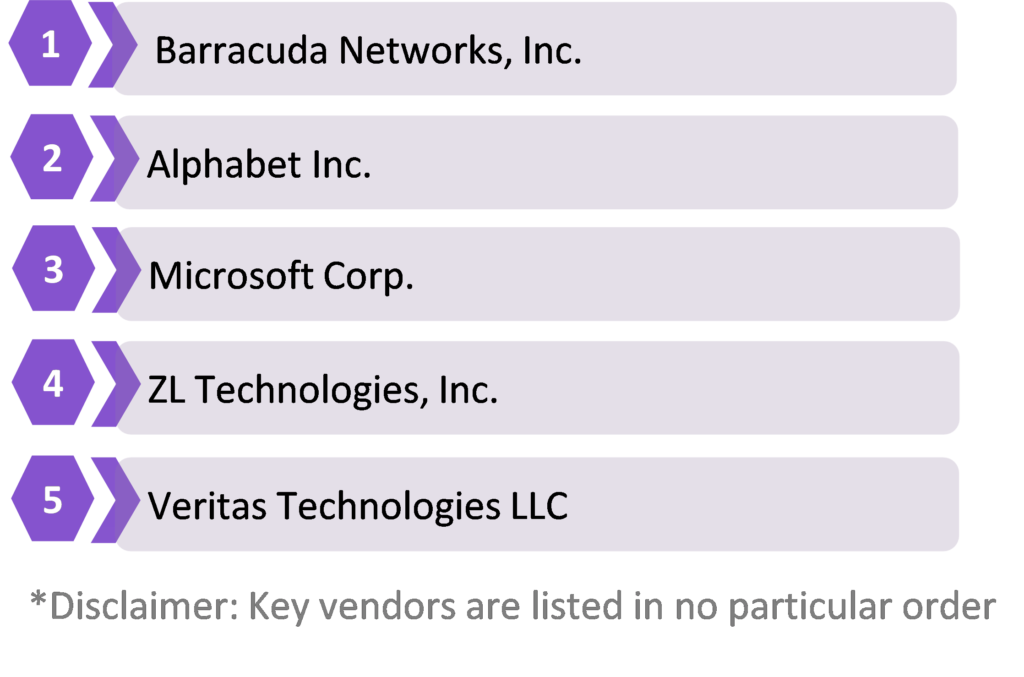
Reason to Buy from us
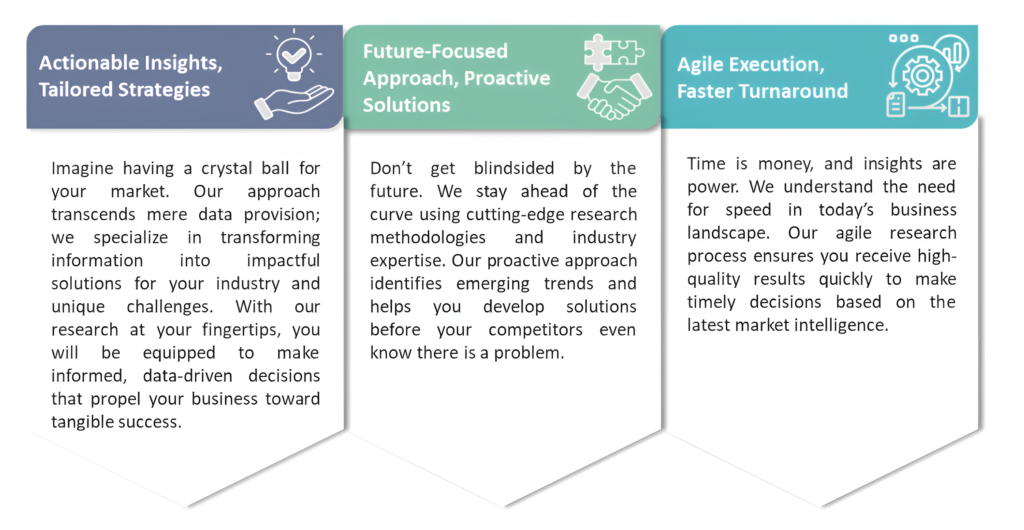
Table of Contents
| 1. Introduction |
|---|
| 1.1. Research Methodology |
| 1.2. Scope of the Study |
| 2. Market Overview / Executive Summary |
| 2.1. Global Enterprise Information Archiving (EIA) Market (2018 – 2022) |
| 2.2. Global Enterprise Information Archiving (EIA) Market (2023 – 2029) |
| 3. Market Segmentation |
| 3.1. Global Enterprise Information Archiving (EIA) Market by Type |
| 3.1.1. Content Type |
| 3.1.2. Services |
| 3.1.3. Others |
| 3.2. Global Enterprise Information Archiving (EIA) Market by Deployment Model |
| 3.2.1. On-Premises |
| 3.2.2. Cloud-Based |
| 3.2.3. Hybrid |
| 3.2.4. Others |
| 3.3. Global Enterprise Information Archiving (EIA) Market by End User |
| 3.3.1. Government and Defense |
| 3.3.2. Banking, Financial Services and Insurance |
| 3.3.3. Healthcare and Pharmaceutical |
| 3.3.4. Retail and E-commerce Source |
| 3.3.5. Others |
| 4. Regional Segmentation |
| 4.1. North America |
| 4.1.1. The U.S |
| 4.1.2. Canada |
| 4.1.3. Mexico |
| 4.2. South America |
| 4.2.1. Brazil |
| 4.2.2. Argentina |
| 4.2.3. Colombia |
| 4.2.4. Chile |
| 4.2.5. Rest of South America |
| 4.3. Asia Pacific |
| 4.3.1. China |
| 4.3.2. India |
| 4.3.3. Japan |
| 4.3.4. South Korea |
| 4.3.5. Rest of Asia Pacific |
| 4.4. Europe |
| 4.4.1. UK |
| 4.4.2. Germany |
| 4.4.3. Italy |
| 4.4.4. France |
| 4.4.5. Spain |
| 4.4.6. Rest of Europe |
| 4.5. The Middle East |
| 4.5.1. Turkey |
| 4.5.2. UAE |
| 4.5.3. Saudi Arabia |
| 4.5.4. Rest of the Middle East |
| 4.6. Africa |
| 4.6.1. Egypt |
| 4.6.2. South Africa |
| 4.6.3. Rest of Africa |
| 5. Value Chain Analysis of the Global Enterprise Information Archiving (EIA) Market |
| 6. Porter Five Forces Analysis |
| 6.1. Threats of New Entrants |
| 6.2. Threats of Substitutes |
| 6.3. Bargaining Power of Buyers |
| 6.4. Bargaining Power of Suppliers |
| 6.5. Competition in the Industry |
| 7. Trends, Drivers and Challenges Analysis |
| 7.1. Market Trends |
| 7.1.1. Market Trend 1 |
| 7.1.2. Market Trend 2 |
| 7.1.3. Market Trend 3 |
| 7.2. Market Drivers |
| 7.2.1. Market Driver 1 |
| 7.2.2. Market Driver 2 |
| 7.2.3. Market Driver 3 |
| 7.3. Market Challenges |
| 7.3.1. Market Challenge 1 |
| 7.3.2. Market Challenge 2 |
| 7.3.3. Market Challenge 3 |
| 8. Regulatory Landscape |
| 9. Competitive Landscape |
| 9.1. Barracuda Networks, Inc. |
| 9.2. Alphabet Inc. |
| 9.3. Microsoft Corp. |
| 9.4. ZL Technologies, Inc. |
| 9.5. Veritas Technologies LLC |
| 9.6. Company 6 |
| 9.7. Company 7 |
| 9.8. Company 8 |
| 9.9. Company 9 |
| 9.10. Company 10 |
Enterprise Information Archiving (EIA) Market – Frequently Asked Questions (FAQs)
What is the current size of the Global Enterprise Information Archiving (EIA) market?
The market size for the Global Enterprise Information Archiving (EIA)) market in 2024 is $8.90 Bn.
Who are the major vendors in the Global Enterprise Information Archiving (EIA) market?
The major vendors in the Global Enterprise Information Archiving (EIA) market are Barracuda Networks, Inc., Alphabet Inc., Microsoft Corp., ZL Technologies, Inc., and Veritas Technologies LLC.
Which segments are covered under the Global Enterprise Information Archiving (EIA) market segments analysis?
This report offers in-depth insights into each type, deployment model, enterprise size, and end user.
